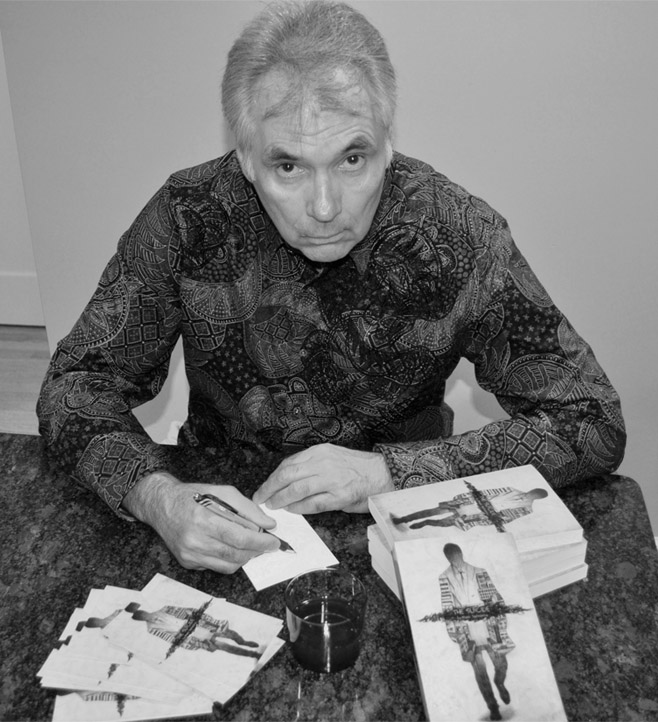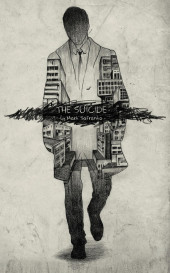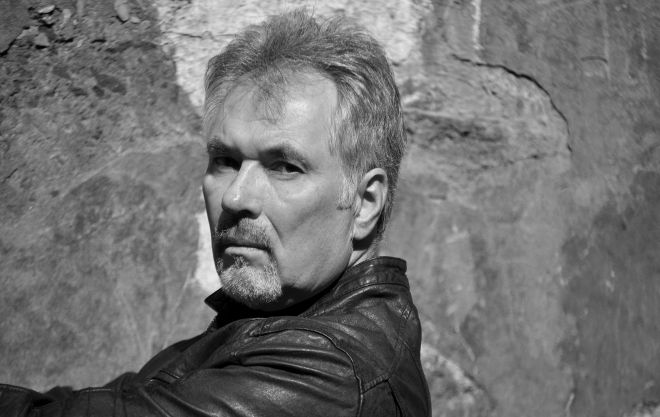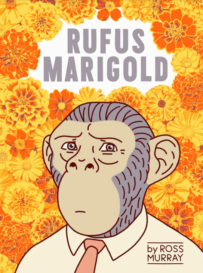
In the genealogy of fiction influences this novel is the missing link.
In retrospect I could have inferred the existence of such a novel from the totality of other novels I have read. Its influence crops up everywhere: in outsider-type characters across several novels and in Kafka’s ‘Hungerkunstler’, in biographies, and even in my own stories.
The account begins, “It was in those days when I wandered about hungry in Kristiania, that strange city which no one leaves before it has set its mark upon him…”
This young man with no purpose, no allegiances, no job, no worldly ambition wanders through the city. He has previously written a couple of articles for a newspaper and earned money for it. But now the money has run out and he cannot pay the rent.
He leaves a note for his landlady, shuts the door behind him, and walks the streets. He gives no thought to the future – it is late evening before he begins to think of where he might sleep for the night. He is proud and honest. No family or close friends are mentioned, he never thinks of them, nor do we learn anything specific about his life up to that point. He is educated and has student friends, the editor treats him as a social equal. Yet he has no-one to appeal to in his abject state. He seems to lack a self-preservation instinct: there are surely options open to him, a loan from someone, family members however distant, his schoolteachers. It is easy to say “he is too proud to ask for help”. But pride is just a word, and as the reader sinks fully into the narrative the man’s moment-by-moment experience pushes aside any simple explanation of motives.
In the opening pages our nameless narrator gives some of his last money to a beggar, pawns his waistcoat, and spins a fantasy tale to the pawnbroker of how he is a famous philosopher. The pawnbroker gives no indication he disbelieves the story. The narrator goes on his wanders, making up prestigious identities to impress beggars and strangers on park benches. At one point he follows – ‘stalks’ them would be the modern word – two young women. His mood veers from elation to despair. The reader experiences a constant anxiety that this man will commit a random crime or some act that will end in his destruction.
He thinks about God:
“God had struck his finger down into the network of my nerves and gently, quite casually, brought a little confusion among the threads […] And there was a gaping hole after his finger, which was God’s finger, and wounds in my brain from the track of his finger.”
The account plunges deeper and deeper into the subjectivity of the moment. Each individual reader will draw on their own concepts to make sense of what is happening to the narrator. I myself might put it: He loses grasp of any socially-constructed understanding of the self. He becomes a man with no history and no name. He is like an engine which has become disengaged from the vehicle, and spins making much noise and vibration. Any engagement with the world will be arbitrary – he might become a grocer’s assistant or might starve or might get thrown in jail.
He gets physically weaker and his thoughts are out of kilter. Pages are spent delineating the narrator’s sleepless nights and manias and vomiting and delirium.
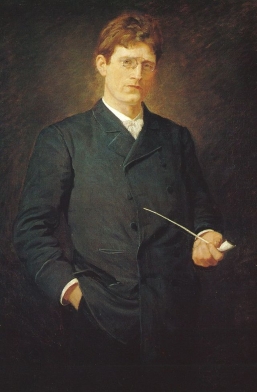
Knut Hamsun by Alfredo Andersen (1860-1935)
A couple of incidental notes: Nobody seems to be afraid of the narrator, even though his behaviour borders on frenzied. The girl he meets, the stallholders, the man on the bench – none seem to feel physically threatened by this young man so clearly “off his head”. In the city where I am now, daily life in public is circumscribed by fear. People are aware of dangerous areas, there is a frisson of fear each time a beggar is a little too obtrusive, security guards stand at the doors of every Centra convenience store. I have no idea whether modern Dublin has a higher violent crime rate than 1890s Oslo, but the fear level in the former is certainly higher.
Another incidental point is the narrator’s annoyance with disrespect from a servant. She has figured out he is poverty-stricken and cheekily asks if it was him she saw picking his teeth on the steps of the Grand Hotel. Although the narrator loses most of his sense of self, he knows he is definitely not a servant.
Such concepts as fairness, nobility, and pride still animate the narrator. He himself does not question the existence of values and ideals and a background notion of nobility. This text is far far distant from the naturalism of his USA contemporary Stephen Crane.
One possible reading is that pride, awe, artistic vision and joy are irreducible. They are not however concepts which can accessed by introspection; instead they find expression in the pulse and pain of every second of daily life. We live out these ideas.
Whatever else he may be, Knut’s hungry man is not the product of circumstance. This is not a delineation of a victim of society.
Knut’s Hunger had to wait over a hundred years until 1996 for a proper, generally-praised translation. In an appendix, the translator of the depicted edition, Sverre Lyngstad, discusses the two previous translations. There is a bowdlerised rendering from 1899, and a 1967 translation by Robert Bly.
Lyngstad pours such contempt on the latter that Robert Bly must have gone out back and chopped through a few dozen logs: “It looks as though the translator was either unaware of these difficulties or decided to produce his own text, using Hamsun’s original as a mere pretext for undertaking an independent creation.”
_______________________________________________________________________________________________
Aiden O’Reilly’s collection of short stories, Greetings, Hero, is out now, priced £10.70 / €13.69 / US$17.35










